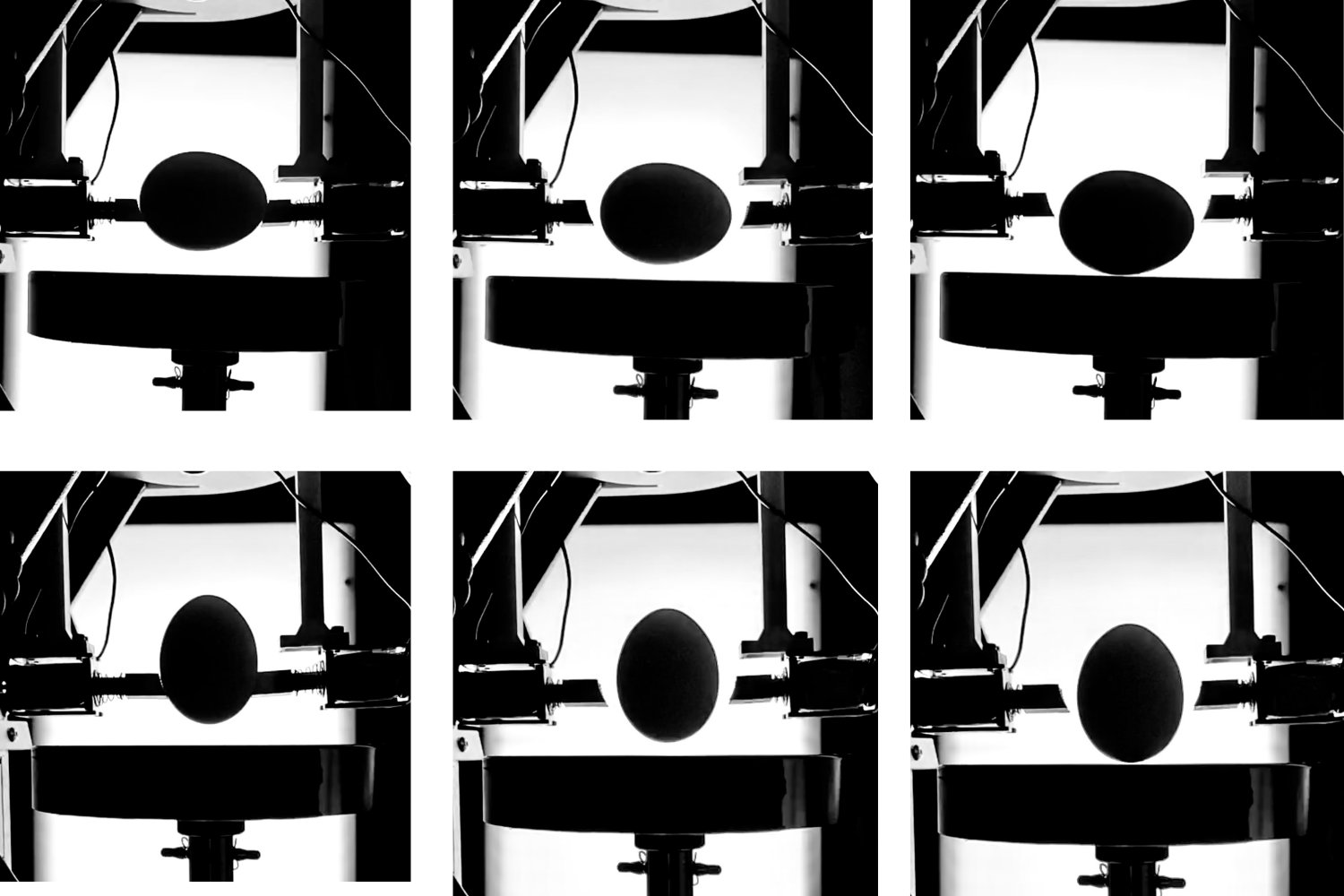Get the latest tech news
MIT paper on AI for materials research found to be fraudulent
The red flags we should have seen earlier for a too-good-to-be-true paper on AI tool adoption at a materials research firm
Why would a large company like this take such pains to run a randomized trial on its own employees, tracking a number of metrics of their performance, only to anonymously give this data to a single researcher from MIT—a first year PhD student, mind you—rather than publishing the findings themselves? And then, to cap it off, here’s how Toner-Rodgers describes a fortuitous round of layoffs at the firm, that miraculously doesn’t interfere with the data collection for the primary analysis and yet contributes an insightful example that supports his findings: However, it boggles the mind that a random economics student at MIT would be able to easily (and without providing any further details), perform the highly sophisticated technique from the paper he cites ( De et al, 2016), especially in this elegantly formalized manner without any domain expertise in computational materials research.
Or read this on Hacker News

